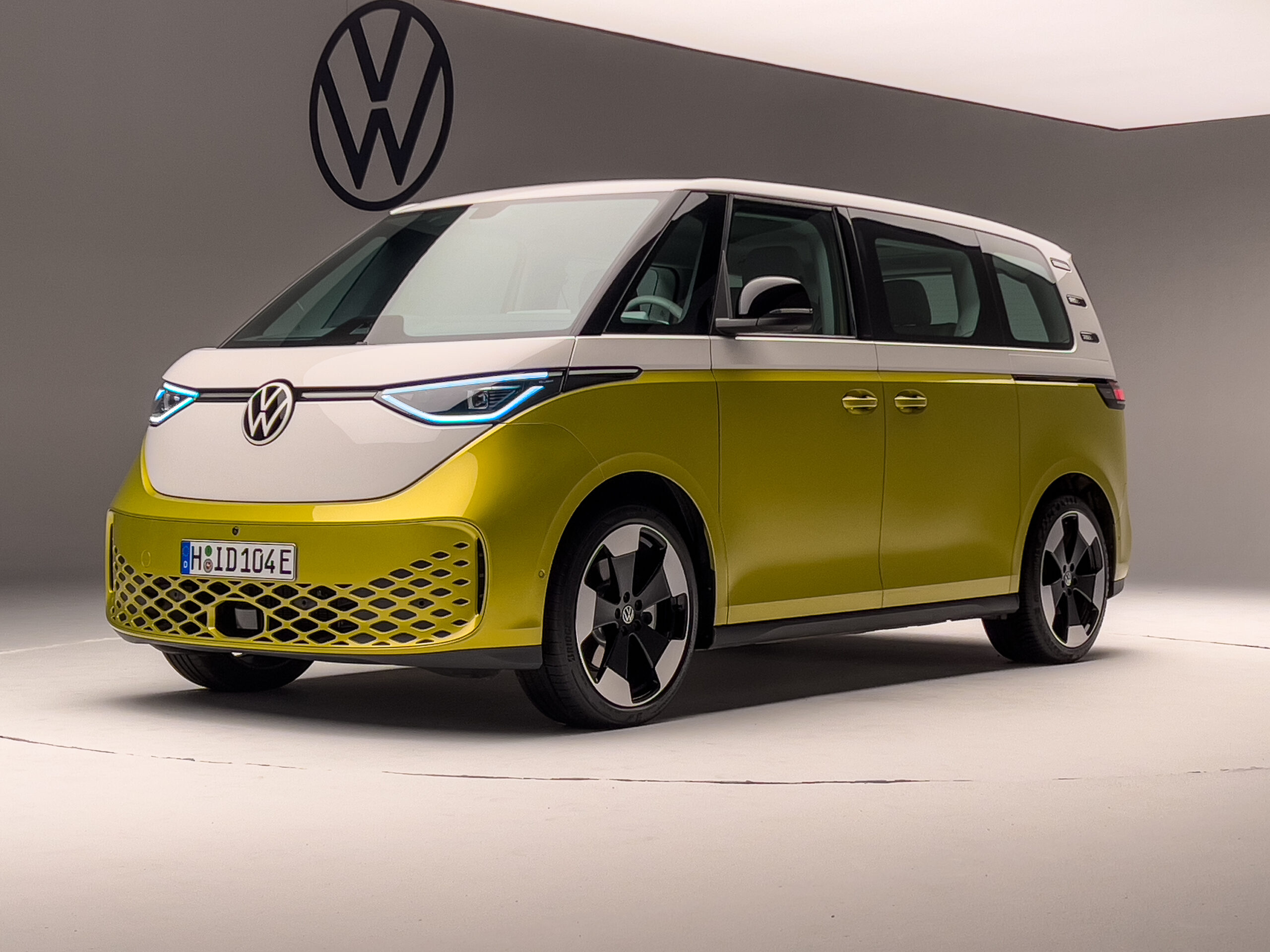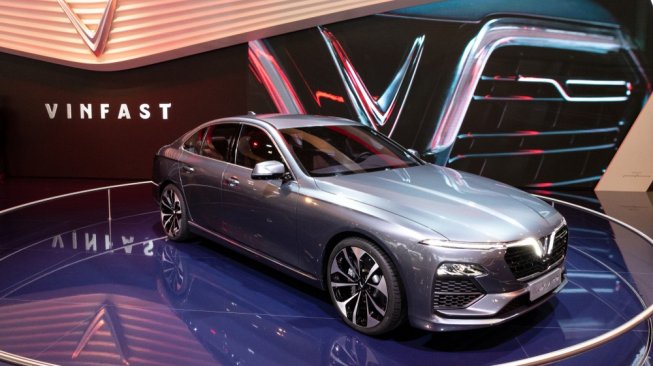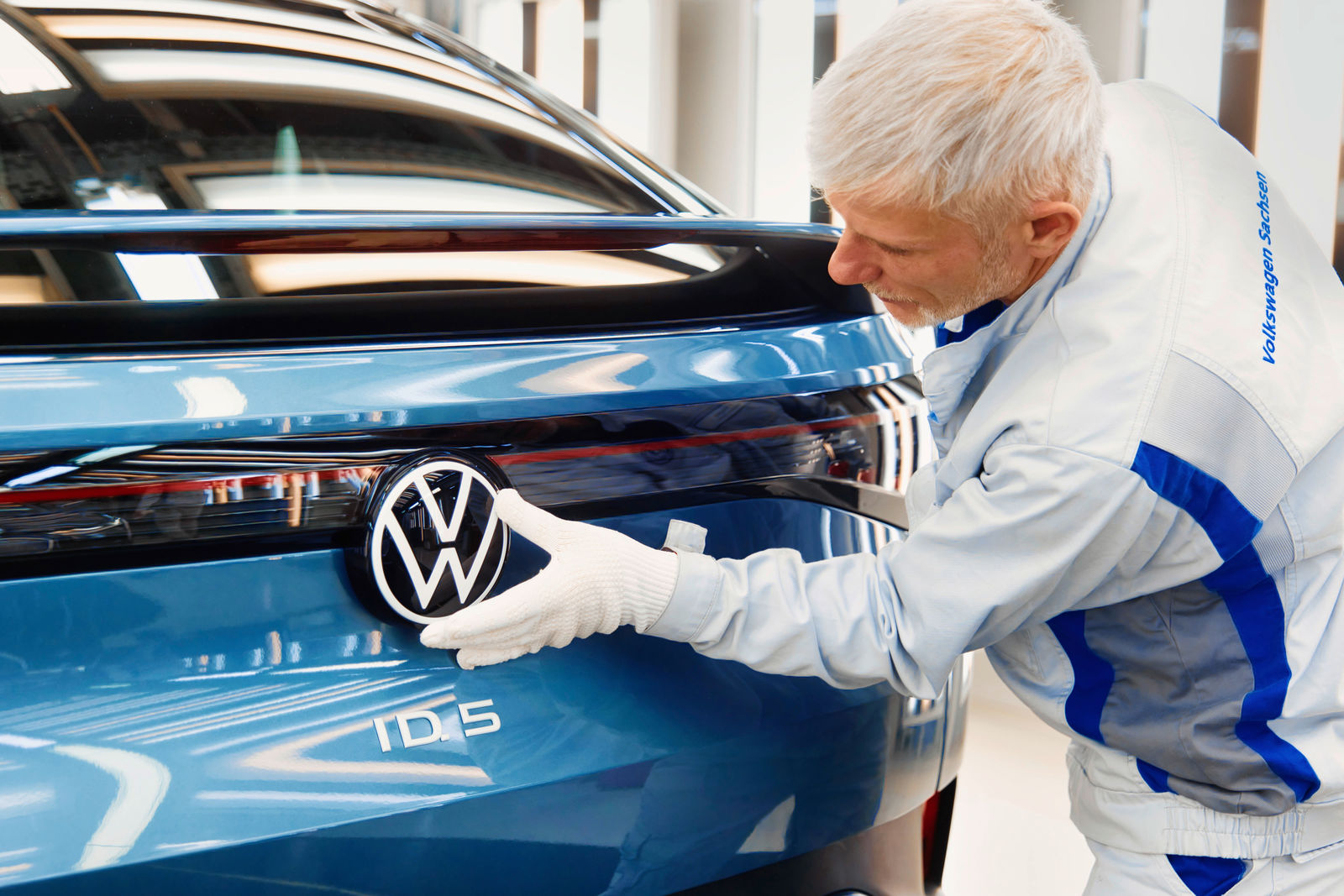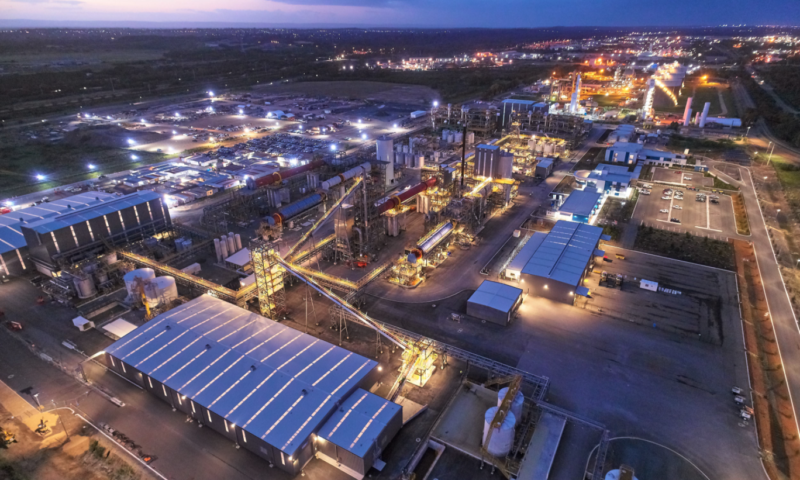Competition among electric vehicle manufacturers in the world seems to pose challenges, especially during the transition from conventional engines. According to Volkswagen, the challenge is the procurement of electric car batteries.
“The most challenging topic is not increasing the car factory. The most challenging topic is improving the battery supply chain,” said Volkswagen (VW) Chief Financial Officer Arno Antlitz, quoted by Reuters today, Saturday, July 2, 2022.
The challenge of producing electric car batteries or electric vehicles has emerged following the European Union’s agreement to phase out combustion-engined cars in just 12 years to combat climate change.
The European Union also requires zero CO2 emissions from 2035. The policy prevents automotive companies from selling internal combustion engine (ICE) cars.
That’s why they are competing to secure the supply of battery cells. Failure to get a supply of electric car battery materials in the form of lithium, nickel, manganese, or cobalt will hinder the transition to electric vehicles.
On the other hand, the price of electric cars becomes expensive, reducing the profits of car manufacturers.
Stellantis Chief Executive Officer Carlos Tavares predicts a shortage of EV batteries will hit the automotive industry in 2024-2025 as manufacturers are busy increasing sales of electric cars while building battery factories. Stellantis oun decided to sell electric cars from 2030.






